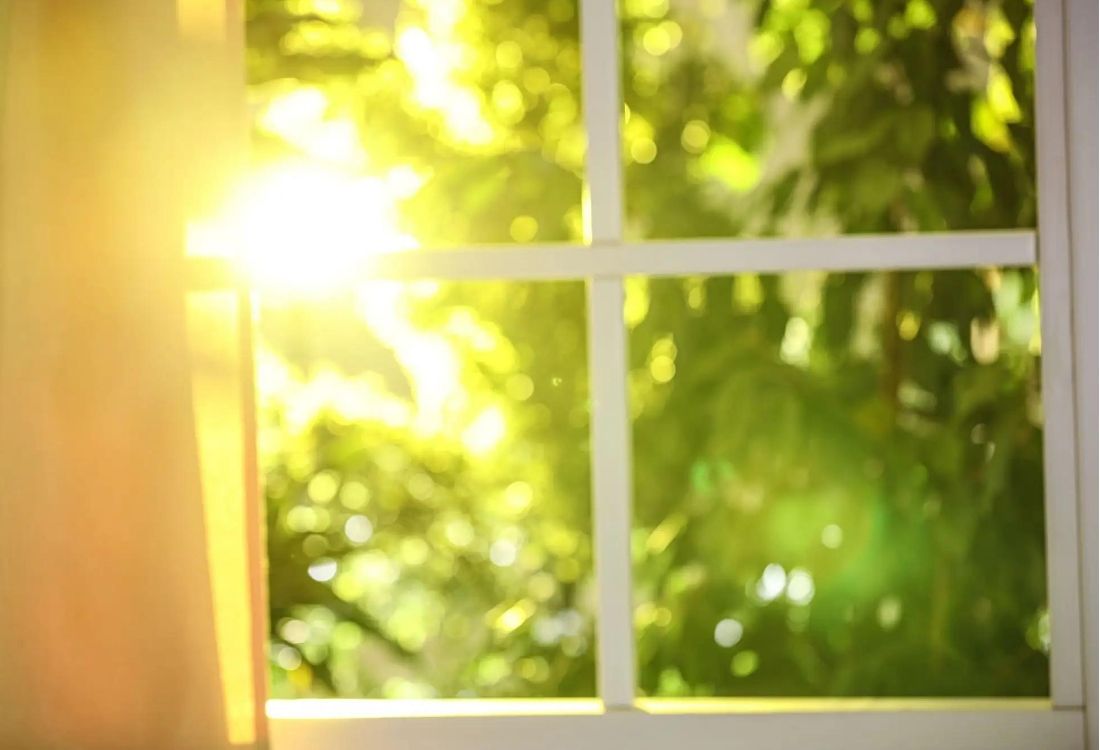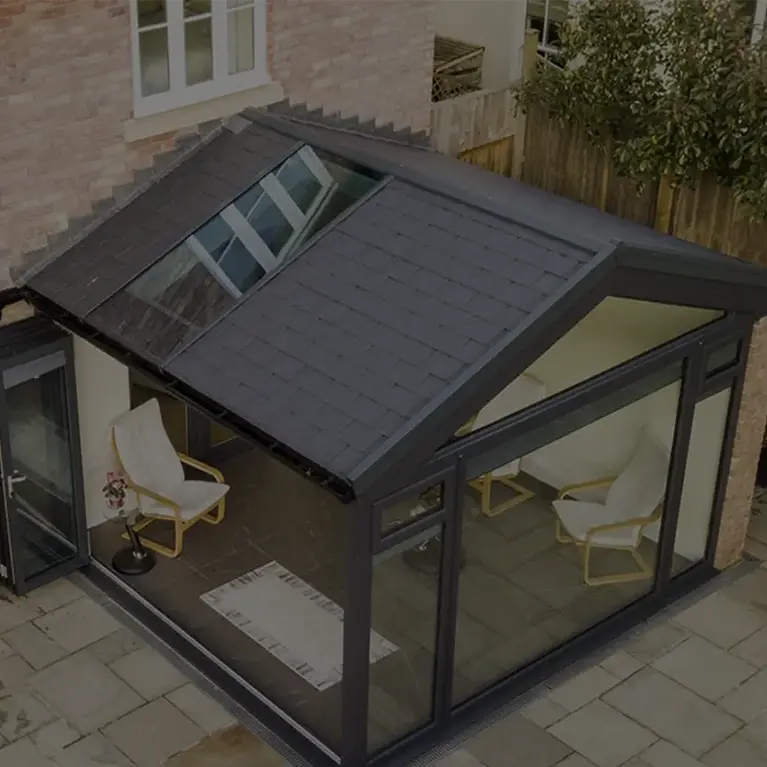
What Sort Of Windows Should You Choose For Reduced Sun Glare And Noise Reduction?
Choosing the right windows for your home can make a huge difference in terms of comfort, functionality, and energy efficiency. In suburban Britain, two of the most challenging aspects of window selection are dealing with the issues of sun glare and external noise.Not only can these factors interfere with daily life in your home, but they can also lead to health problems and get in the way of relationships with neighbours. In this article, we’ll look at the different glass specifications available that can help you achieve reduced sun glare and/or noise reduction.
Tinted glass
For reducing sun glare, one of the most effective types of glass is tinted glass. This is available in a wide range of colours and densities, with darker tints providing the most sun protection, and lighter tints giving a more subtle effect. Tinted glass works by blocking out a measure of the UV rays that come through the window, which are responsible for eyestrain, fabric discolouration, and fading on photos, artwork, and book covers. It can also reduce glare, making it easier and more comfortable to use mobile devices and work on computer screens during bright sunlight. Tinted glass can also increase your privacy and add an elegant, modern appearance to your home or garden office. Some homeowners invest in tinted glass for their conservatory to make it more usable during the summer months. However, it may not be suitable in parts of the home that receive limited daylight, or for rooms in which plenty of natural light is desired. And don’t forget that during the winter, the amount of sunlight available to British homes is dramatically reduced, making tinted windows fairly uncommon in this country.
Low emissivity glass
Low emissivity or Low E glass is an energy efficient glass that improves the thermal efficiency of a window (by reducing the amount of heat lost or gained) and also reduces glare and UV rays. Low E glass has a thin metallic coating that reflects heat back into the room during the winter, and helps keep your home cool during the summer months by reflecting incoming UV rays and reducing solar heat gain. Low E glass is a good option for homeowners who want to strike the balance between year-round comfort and savings on energy bills in winter.
Acoustic/Laminated glass
If you live in a busy neighbourhood or next to a main road, then acoustic, soundproof, or noise reducing glass may be a good choice for you. Acoustic glass is designed to reduce the level of external noise by 50% to 95%, depending on the product, making your indoor environment quieter and more tranquil. The glass works by using a laminated panel or double-glazed layer of glass with a special interlayer sandwiched between the glass layers, depending on how much soundproofing is required. Lamination offers moderate sound protection, and an interlayer cancels out more sound. The interlayer actively absorbs sound waves and reduces vibrations (e.g. from passing traffic or construction work), creating a more serene and peaceful home. These qualities make acoustic glass popular among homeowners who work from home or have young children, as well as people who work nights and have to sleep during the day. The higher grades of soundproof glass – those that offer the highest level of sound exclusion – are often thicker and heavier than standard glass panes, so it’s important to ensure that your window frames are strong and robust enough to support the additional weight.
Frosted glass
Frosted glass is a popular choice for homeowners who want privacy and reduced glare on street-facing windows without having to sacrifice natural light. Frosted glass has a stylish, slightly textured surface that diffuses light and blurs images, making it difficult for people to see inside the room – and is commonly found in the windowpanes of front doors and in bathrooms and toilets. Frosted glass is available in a variety of designs, patterns, and colours, making it a versatile choice for any interior design style.
Antireflective glass
Antireflective (AR) glass is treated with a thin coating on the surface of the outer windowpane that decreases the amount of light that bounces off the window, dramatically lessening the level of sun glare in the room and providing a clearer and more comfortable view without the strong light reduction of tinted glass. Antireflective glass is also efficient at filtering excess noise, reducing noise levels by up to 10 dB. This type of glass is commonly used in retail displays and shop windows but works well for residential windows too!
Find out more
If you are interested in ways to reduce the level of sun glare or noise in your home, speak to one of the windows experts at Harveys today. We can help you select the best type of window glass for your home, to create the perfect indoor environment for you and your family.



